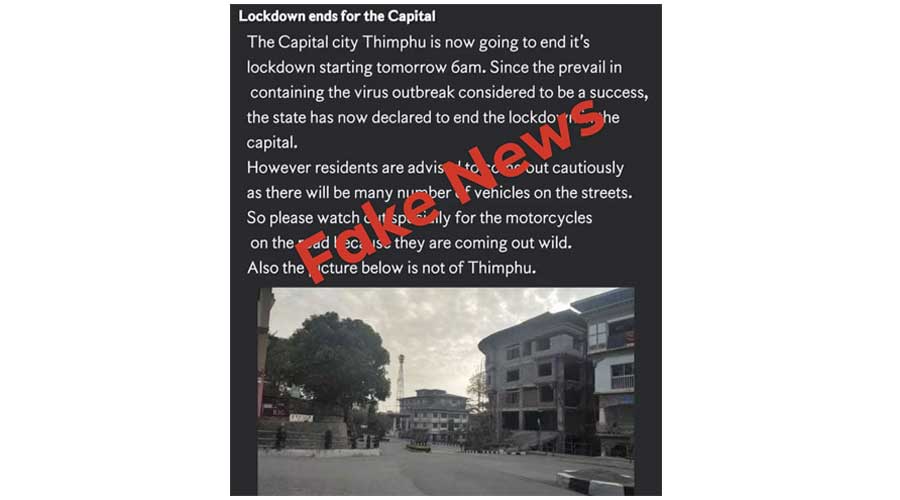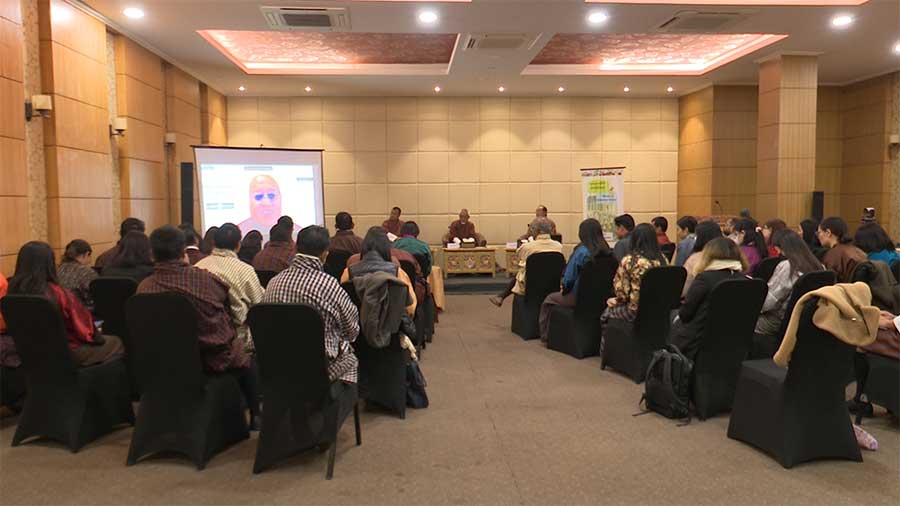
There is a need for the Election Commission, Civil Society Organizations and media to collaborate and address fake news. Some panelists suggested this at the Bhutan Democracy Forum held in Thimphu recently. They recommended this in view of the foreseeable threats fake news could pose the upcoming parliamentary elections.
 From home remedies on treating Coronavirus to news of sudden lockdowns, the social media platforms were abuzz with fake news when the country was battling the COVID-19 pandemic. This led to misinformation in many instances.
From home remedies on treating Coronavirus to news of sudden lockdowns, the social media platforms were abuzz with fake news when the country was battling the COVID-19 pandemic. This led to misinformation in many instances.
The danger looms even large with the upcoming parliamentary elections around the corner.
“I think social media is to become more active. I hope we don’t see, but one of the challenges would be disinformation and fake news about aspiring candidates, political parties, and people also digging to the past of the individuals,” said Chencho Lhamu, the Executive Director of the Bhutan Centre for Media and Democracy.
The Executive Director added that verification and fact-checking are important components in ensuring a transparent and successful election. She said that fact-checking the right information is not the role of the media alone. “Media on its own cannot do fact-checking for everything. So, as it came up in the forum today, what is important is to forge collaboration and alliance between relevant government agencies, the media, civil society organisations, and tech companies who can do fact-checking and to clarify information for people,” added the Executive Director of BCMD.
Local leaders also expressed similar view.
“It is the collective responsibility of all individuals and not just one individual to ensure correct information dissemination. This would enable fair and transparent elections,” added Naro Gup Gyem Tshering at the forum.
The Bhutan Centre for Media and Democracy organised the forum focusing on media and elections to promote peaceful election for the upcoming parliamentary elections.
Tashi Yangden
Edited by Phub Gyem








